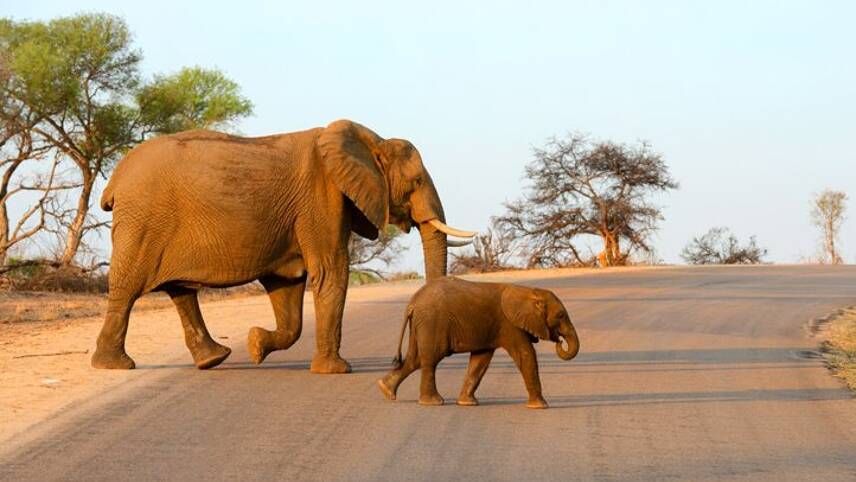Register for free and continue reading
Join our growing army of changemakers and get unlimited access to our premium content

World Elephant Day on Saturday (12 August) helped shine a light on the urgent need for action and provided shared solutions to help protect these animals, as well rhinos, tigers, and lesser known species such as the pangolin.
The problem: exploiting transport routes
As a global trade enabler with operations in over 40 countries across six continents, at DP World we are acutely aware traffickers in illegal wildlife products can use transport connectivity to profit from their activity.
The illegal wildlife trade is worth US$ 19bn, and it ranks just behind drugs, human and arms trafficking as one of the most prominent forms of international organised crime.
Criminals increasingly use creative methods to try and exploit transport routes to move illegal animals or animal products. For example, last month, American customs officers intercepted a shipment with three live king cobras hidden inside crisp canisters that were being mailed to a Californian home.
To break the chain and discourage those involved at every level, we need to prevent illegal wildlife or wildlife products making it to their destination.
Taking action: United for Wildlife
DP World is part of United for Wildlife’s Transport Taskforce, a collaboration bringing together 40 of the world’s leading wildlife organisations and transport businesses under a common purpose: to create a global movement to tackle the illegal wildlife trade. The Taskforce focuses on breaking the chains between suppliers and consumers and is backed by the world’s largest conservation groups.
Last year, Taskforce members, including Heathrow Airport and UK Border Force, signed up to 11 commitments. These include sharing information on suspected traffickers, working with customs and enforcement authorities, and refusing to ship suspect cargos.
Transport companies like ours have an important role to play, in partnership with customs authorities, to combat the illegal wildlife trade. That’s why we train employees on how to spot the signs of smuggling wildlife, and provide a whistle-blowing service for people who want to report suspicious activity in confidence.
The impact we can have is highlighted by the fact that between 2012 and 2014, Dubai Customs – which works closely with DP World – seized, destroyed and repatriated over 775 pieces of ivory, worth over £8m.
Education and empowerment
To create real, sustainable change in combatting illegal wildlife trafficking, it’s important to engage future leaders of tomorrow. That’s why our employees are volunteering to give lessons in schools around the world to educate young people about illegal wildlife trade. This forms part of DP World’s Global Education Programme, which aims to teach young people about the trade and maritime sector.
So far, the Global Education Programme has reached hundreds of students across 14 countries, showing them the extent of the problem, what is being done to help address it, and what role they can play. By ensuring that tomorrow’s leaders know how to detect and destroy this trade, we are empowering them to protect their own natural legacy.
Eyes and ears
Everyone can help to be the additional eyes and ears who report any behaviour that arouses suspicion. If you’re using transport routes and see suspicious passenger behaviour, such as nervous body language or speech, or oversized clothing, you should report any concerns to staff.
This isn’t just a concern for people and organisations based in Asia, Africa or the Middle East; it’s something that those in the UK can and must play a role in tackling. The scale and urgency of the issues facing the world’s wildlife means that we have to take decisive action now; we can’t afford to wait.
Kate Willoughby is DP World’s senior sustainability manager



Please login or Register to leave a comment.